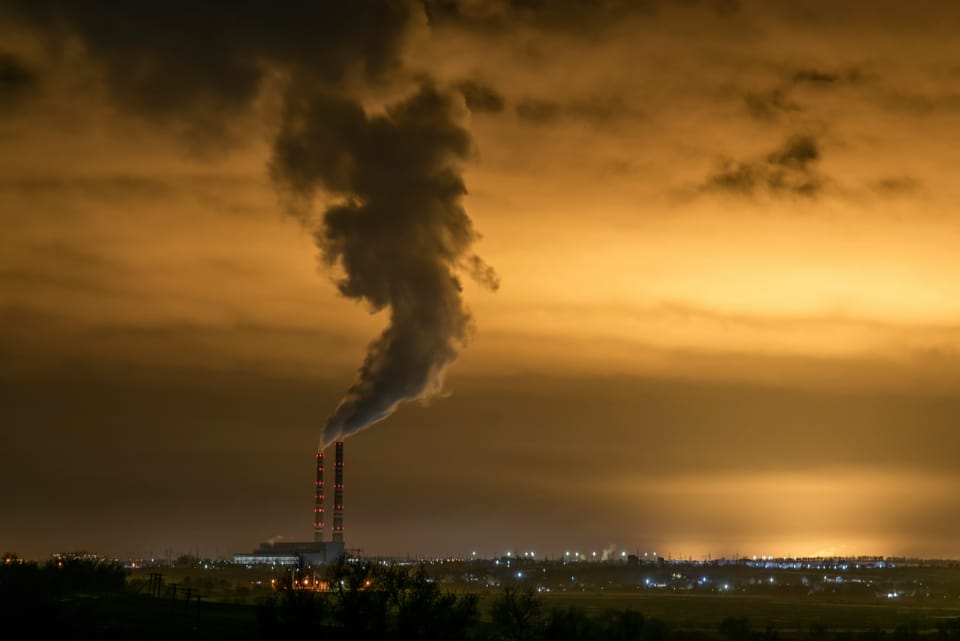Fossil fuel production plans widely inconsistent with Paris Agreement
“The increase in fossil fuel expansion plans over the last two years is alarming."

Governments around the world are planning to produce more than twice the amount of fossil fuels by 2030 that would be consistent with the Paris Agreement goal to limit global warming to 1.5°C.
According to the 2025 Production Gap report produced by Stockholm Environment Institute (SEI), Climate Analytics, and International Institute for Sustainable Development (IISD), in 2030 the world is set to still produce 120% more fossil fuels than acceptable for a 1.5°C pathway, and 77% more than would be consistent with 2°C.







